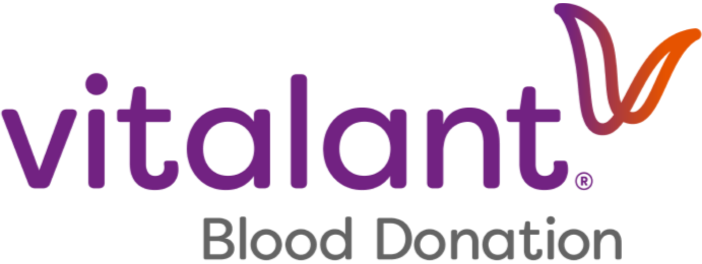Iron is an essential mineral and part of the hemoglobin in red blood cells, which carry oxygen from your lungs to your heart and provide energy and strength.
While the amount of iron your body needs isn’t an exact science, you need iron to make new red blood cells to replace those lost during blood donation. Even non-donors should maintain a healthy iron level because iron stores can be depleted through other means, including exercise, menstruation and pregnancy
After you show up to your blood donation appointment, your donor care specialist will check your hemoglobin level, among other things. If you’re told you can’t give blood because your hemoglobin is too low, don’t throw in the towel just yet. A low iron level is the most common cause of low hemoglobin and can easily change, so come back and try donating again!
An iron-rich diet lays the groundwork for a healthy iron balance. However, while the foods listed below are all good sources of iron, a higher dose is needed to replenish what is lost during a blood donation.
Wondering about supplements and vitamins? We’ll talk about those below.
Not all iron is the same
Curiously, foods containing iron are not made equally. There are two forms of dietary iron: heme and nonheme.
Your body absorbs the most iron from heme sources, found in animal foods that originally contained hemoglobin. Nonheme iron, which comes from plant sources, doesn’t absorb all that well in the body. Even the once-heralded spinach, though a healthy vegetable overall, has low bioavailability (a fancy way of saying that you should look elsewhere for your iron).
If you want to maximize your iron absorption, consume iron-rich foods along with plenty of vitamin C-rich foods, such as broccoli, kale, mangos, kiwi or orange juice. You can also pair foods high in nonheme iron with fish, beef or poultry.
Maintain a balanced diet by eating well
When we say “well,” we mean eating healthy, not eating a buffet at every meal. Aim for a low-fat, iron-rich meal, perhaps chicken breasts or chicken liver, cooked beef, oysters, mussels or sardines canned in oil—all excellent sources of heme iron. Eggs are something of an odd duck because they contain iron that’s both heme and nonheme. Here are some other foods for you to try, all of which are fair game.
Heme
- Turkey
- Ham
- Veal
- Most fish, such as tuna, perch or salmon
Nonheme
- Breakfast cereals enriched in iron
- Cooked beans
- Canned lima beans, red kidney beans or chickpeas
- Tofu
- Wheat germ
- Cooked enriched egg noodles
- Dried apricots
- Pumpkin, sesame or squash seeds
What about iron supplements?
If you’re just not a fan of most high-iron foods, you’ll be pleased to know that iron supplements may be a suitable replacement and could help maintain your iron level.
Those who donate blood infrequently may be able to restore their iron levels by eating iron-rich foods, but frequent blood donors and young donors should consider taking an iron supplement with 18 to 28 milligrams of iron for at least 60 days after donating whole blood or up to 120 days after making a Power Red donation.
Consult your health care provider before taking any iron supplement or multivitamin.
More helpful tips
Drink plenty of beverages (such as water, juice or Gatorade), and avoid alcohol in the days leading up to your donation.
- Get at least 8 or 9 hours of sleep the night before your donation.
- Don’t smoke for at least one hour prior to donation.
- Don’t chew ice, gum, mints or candy immediately before or during your donation.
- Avoid exercise or strenuous activity before and immediately after donating.
- If you are donating platelets, DO NOT take aspirin or long-acting non-steroidal anti-inflammatory drugs (NSAIDS) for at least 48 hours before your donation.
Why hospital patients need your help
Blood can’t be manufactured—it can only come from generous, selfless volunteers with a desire to help others. In a single visit and just an hour of your time, you could save up to three people’s lives.
We need you…and so do they. Schedule your blood donation today.
Published by: Jeremy T. — Vitalant Contributor

